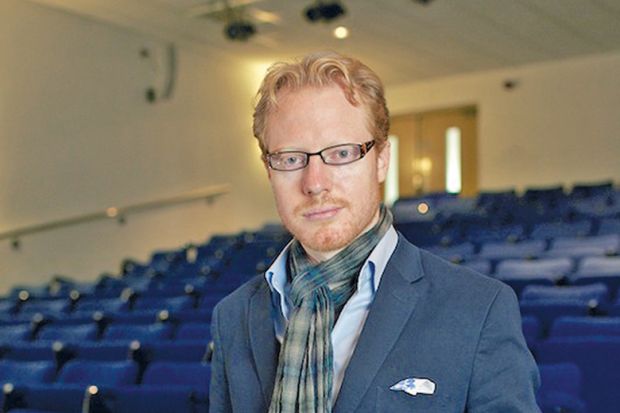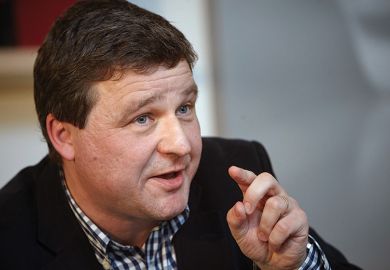What sort of books inspired you as a child?
Like all children, I loved adventure and detective stories – the basis, as theorists such as Roland Barthes have explained, for so much of literature. Sherlock Holmes was a favourite, to the extent that I would go round pretending to “detect” things with a magnifying glass. I was also fortunate to have been made to learn a new poem every week. At about the age of 10, I discovered a passion for Graham Greene. His tales of disabused, middle-aged men and cynical, world-weary spies strike me as singularly inappropriate for a child. But perhaps it was the idea of Englishmen abroad that appealed.
Which books spurred your passion for languages and their different literatures?
Mostly the classics. In English literature, T. S. Eliot was important: The Waste Land sent me scurrying after his references to European and world culture. German literature I came to via Kafka, Kleist and Heinrich Böll; French literature via Baudelaire and, inevitably, Camus and Sartre. The great stylists such as Proust or Chateaubriand are far superior, but you can’t tackle them until you have a pretty firm grasp of the language.
Your new book offers an introduction to comparative literature. Which theoretical texts first revealed to you the benefits and pleasures of adopting such an approach?
When I was starting out, probably the greatest influence on my comparative approach to literature was George Steiner’s early work, especially After Babel: Aspects of Language and Translation. He seems to have fallen out of fashion, but his range across languages and his respect for high culture remain an inspiration. As an undergraduate, Michael Hamburger’s The Truth of Poetry: Tensions in Modernist Poetry since Baudelaire pushed me to read more widely across the European lyric tradition, while William Empson’s Seven Types of Ambiguity was a revelation in terms of how to go about close reading.
What books would you suggest to English readers wanting a better sense of our place in Europe in the age of Brexit?
In terms of how English history and culture necessarily sit within a broader European context, W. G. Sebald’s The Rings of Saturn is as insightful a book as any. But, of course, it took the profoundly un-English figure of Sebald to see this. Anyone with a serious interest in understanding the place of English literature in a broader comparative context should read Walter Cohen’s A History of European Literature.
What is the last book you gave as a gift, and to whom?
I have given copies of the photographer Sally Mann’s memoir, Hold Still, to a range of people, from intellectuals and bankers to friends in fashion. To French readers, I often give Nicolas Bouvier’s travel classic, L’Usage du monde; German readers receive Henning Ritter’s anthology of aphorisms, Notizhefte. Comparatist friends get all the above.
What books do you have on your desk waiting to be read?
Mostly I read books as soon as I buy them, but one that I haven’t yet got round to is Roger Deakin’s Notes from Walnut Tree Farm. A treat for the summer.
Ben Hutchinson is professor of European literature at the University of Kent and the author of Comparative Literature: A Very Short Introduction (Oxford University Press).
Register to continue
Why register?
- Registration is free and only takes a moment
- Once registered, you can read 3 articles a month
- Sign up for our newsletter
Subscribe
Or subscribe for unlimited access to:
- Unlimited access to news, views, insights & reviews
- Digital editions
- Digital access to THE’s university and college rankings analysis
Already registered or a current subscriber?


